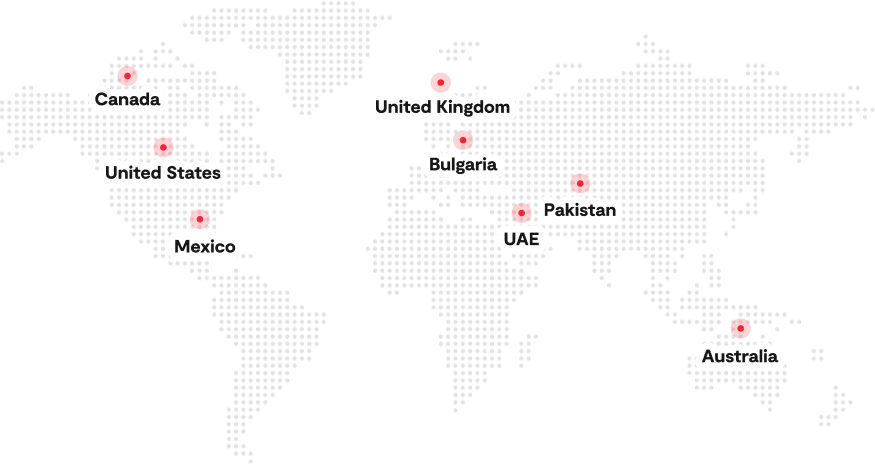Stay ahead of regulatory risks with food regulatory compliance software that keeps your compliance in check, ensuring your food business runs smoothly and securely.

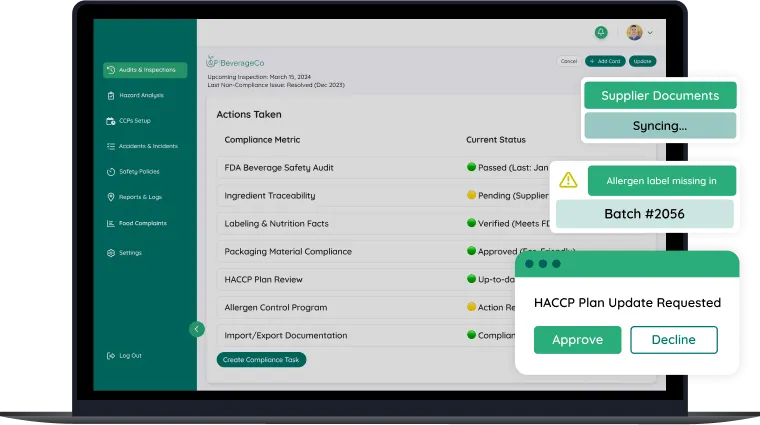




















































Skip the compliance headaches; track, manage, and prove regulatory readiness without the paperwork and food regulatory compliance chaos.
A single failure to comply with food safety regulations—whether in handling, storage, or sanitation—can result in immediate business shutdowns, heavy fines, and potential damage to your company’s reputation and customer trust.
One misleading or inaccurate food label can lead to expensive lawsuits, damage consumer confidence, and force an immediate product recall. Mislabeling is a serious risk that could financially devastate a food business.
Failure to secure or renew necessary business licenses and permits can cause operations to stop abruptly, resulting in significant downtime and potential legal action from authorities for non-compliance.
Regulations demand precise traceability of food ingredients, production processes, and distribution channels. Failure to comply with food industry regulation compliance can result in hefty fines, product bans, or recalls.
Non-compliance with import & export regulations, such as missing certifications, incorrect tariff classifications, or unapproved ingredients, can halt shipments and disrupt your entire supply chain, leading to stock shortages.
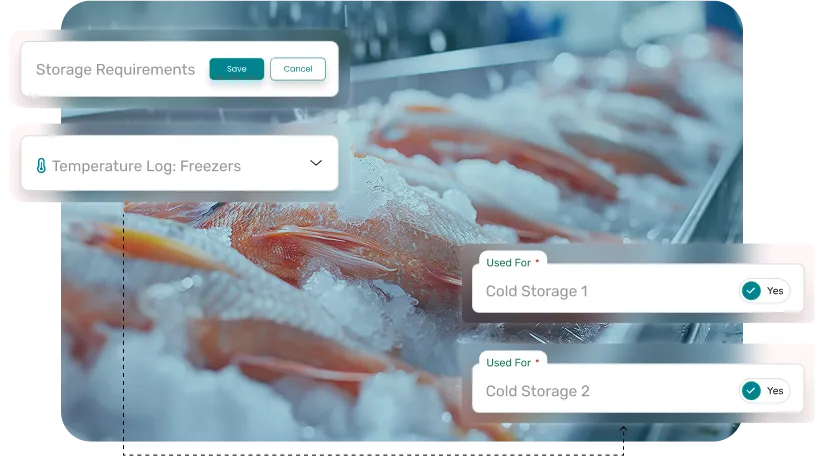
Access powerful features to simplify regulatory compliance in the food industry, ensuring efficiency, safety, and consistent food quality.
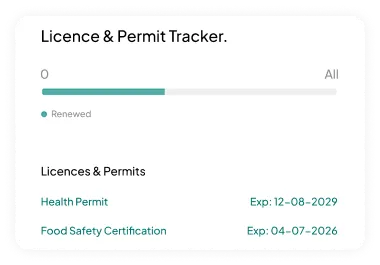
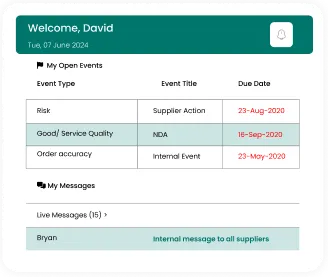
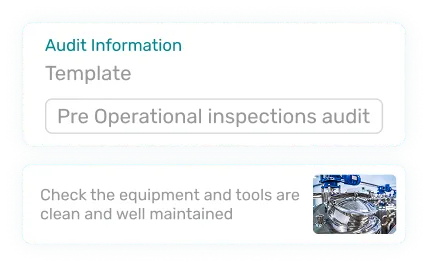
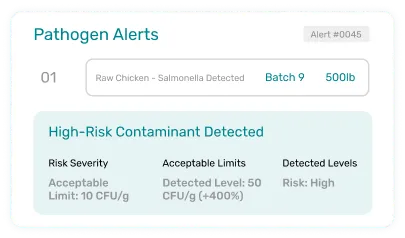
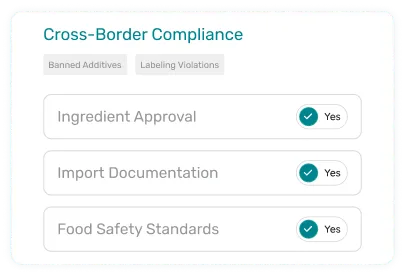
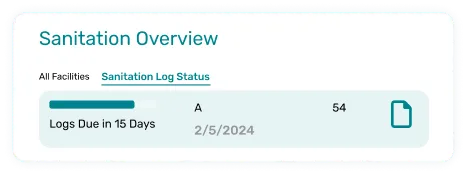
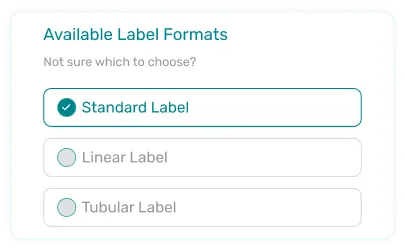
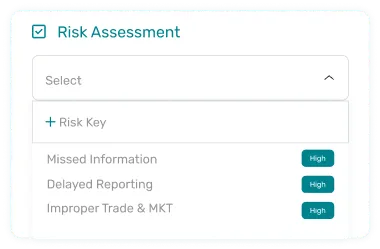
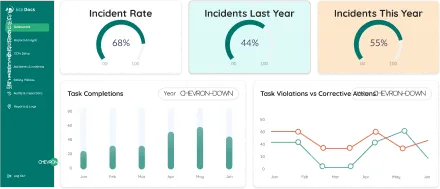
Stay compliant without the hassle—our software helps you manage every requirement smoothly and efficiently.
Our software ensures FSMA compliance by streamlining preventive controls, traceability, and reporting, helping food businesses maintain safety and minimize risks.
Simplify USDA Organic certification with automated traceability, monitoring, and compliance tracking to meet organic standards and support sustainable practices.
Achieve GFSI certification effortlessly by managing hazard controls and traceability, ensuring compliance with FSSC 22000, SQF, and BRCGS standards.
Stay FSMA-compliant with tools for traceability, preventive controls, and recall management, enabling proactive prevention of foodborne illnesses.

Master compliance with three straightforward steps, making food regulatory compliance challenges a thing of the past.



See how we turn challenges into breakthrough solutions for our clients.
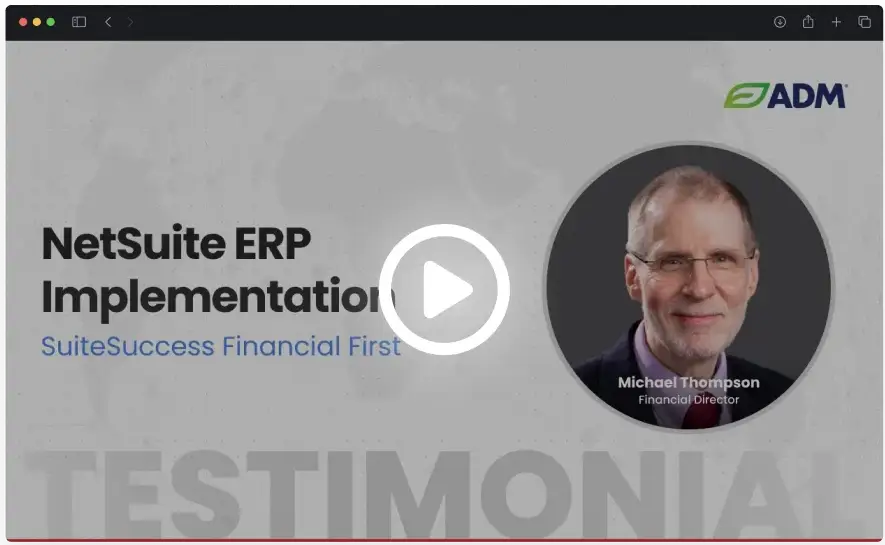
Ensure every food safety compliance standard is met with ease—no more guesswork, just clear, actionable checks.
Stay aligned with FDA, USDA, and global food safety regulations to ensure compliance and reduce operational risks.

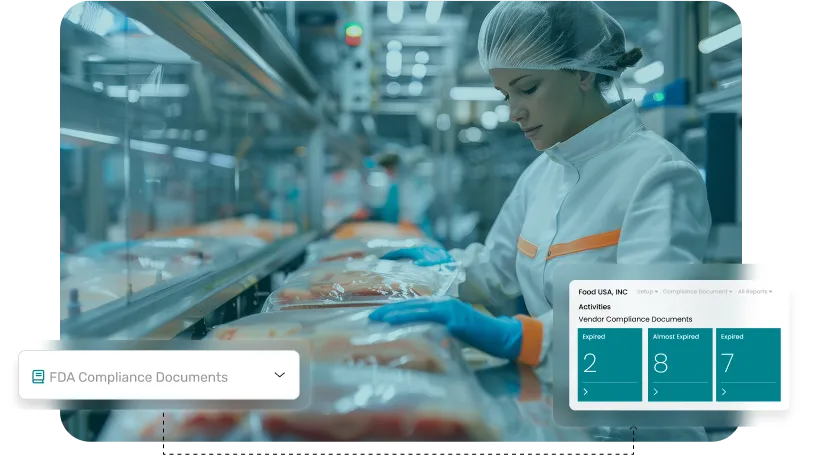
Integrate quality checks at every stage to ensure consistent product safety and meet rigorous standards while exceeding customer expectations.

Quickly trace and remove affected products from supply chain, minimize risks and ensure timely, coordinated actions with minimal effort.
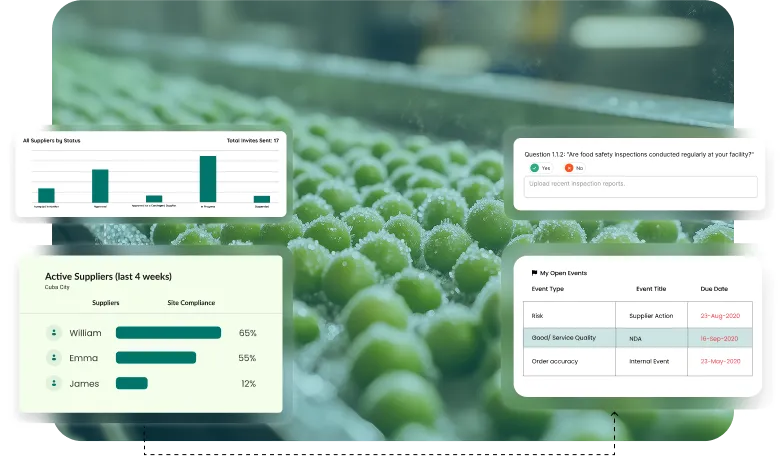
Quickly trace and remove affected products from the supply chain, minimize risks, and ensure timely, coordinated actions with minimal effort.
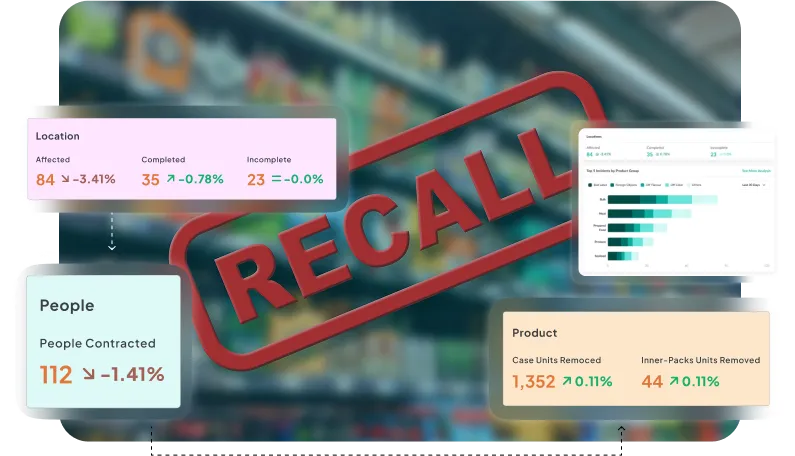
Maintain full visibility and control over every ingredient’s source and quality, ensure traceability, safety, and compliance at all levels.
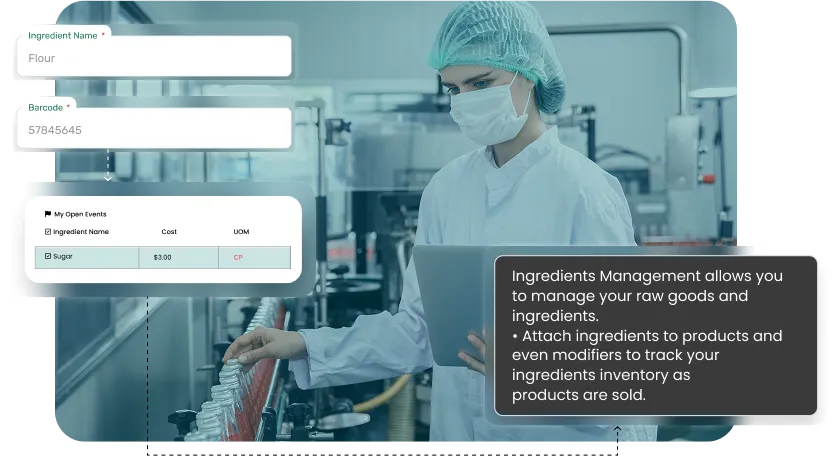
Maintain formulation accuracy, control recipe revisions, and validate ingredient substitutions while ensuring regulatory compliance and labeling accuracy.
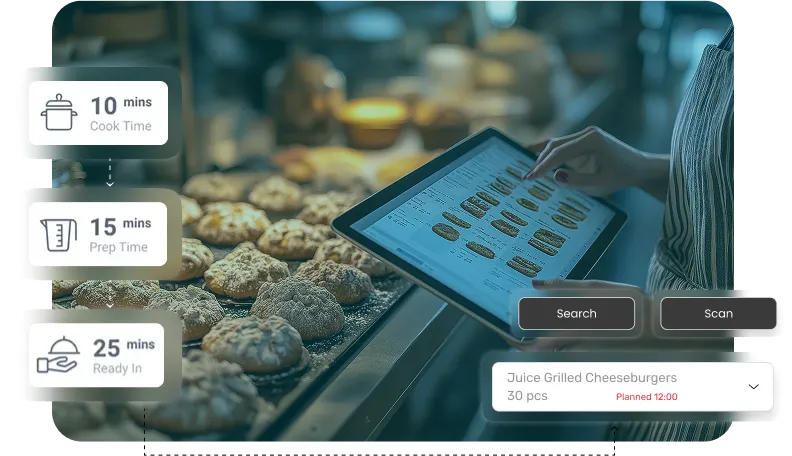
Capture and trace every ingredient, maintain detailed lot codes, production timestamps, and supplier data to ensure end-to-end transparency.
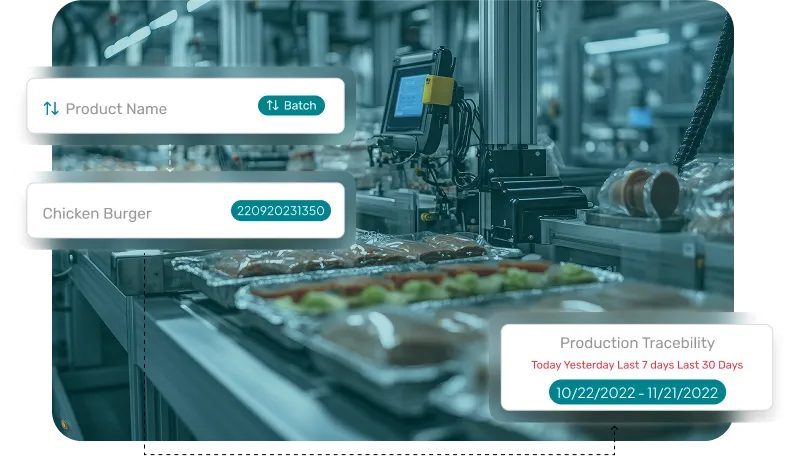
Digitally manage audit records, supplier certifications, safety inspections, and compliance documentation with real-time access and automated reporting.
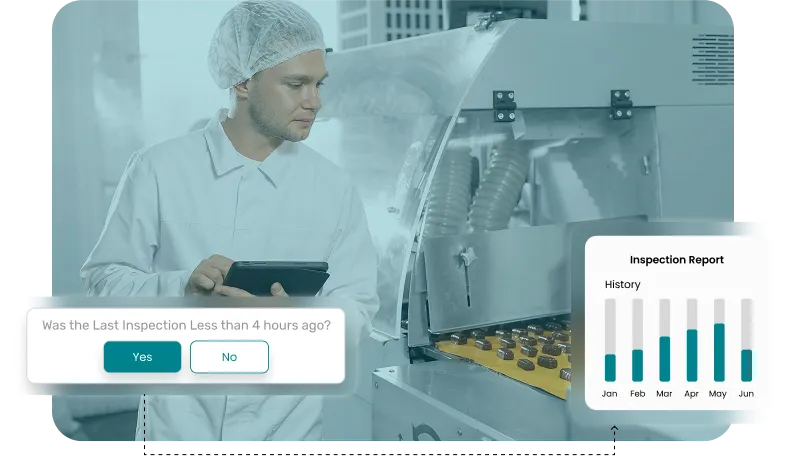
Connect our food regulatory compliance software with your existing systems to simplify processes and
ensure consistent, reliable regulatory management without a thought.























































Read what our clients say about their experiences and the difference our solutions have made for them.
We were extraordinarily pleased with the functionality and depth of understanding that Folio3's solution exhibited after a relatively brief but incisive, project kickoff meeting. Folio3 ``gets it`` from the start, relieving us from tedious development discussions drawn out over a long period of time.

Folio3 impressed me by learning a BI tool they did not have prior experience with and in a short amount of time produced analysis reports ready for business consumption. We are excited on the next set of critical reports Folio is working on for us and expect the relationship to continue for the foreseeable future.

"The team has done a tremendous job from testing and deploying our DAX applications to go live. They have also helped develop a reusable pattern for scheduling processes used by multiple workers. We will definitely continue to lean on folio3 for future support of these applications."

Folio3 has been an outstanding NetSuite implementation partner, excelling in complex integrations across our business units. Their expertise, innovative solutions, and responsive, supportive team make them truly impressive.

BioPak adopted NetSuite early in Australia, using its ERP, CRM, and eCommerce. After initial challenges with development partners, we partnered with Folio3 in 2016. Their transparency, work ethic, and seamless collaboration reignited our drive for crucial upgrades and innovations, making them a trusted partner in our growth.

We needed an online presence for our business that catered to both our B2B and B2C clientele and we needed it in record time. Folio3 was able to deliver in our timeline, in budget, and has continued to provide us with excellent on-going support.

We thank Folio3 for their dedication and hard work over the past 12 months. Folio3 team has been a great help to our organization, and I am proud of the relationship we have built between our colleagues and companies. I look forward to continuing to work with the Folio3 team.

Folio3 was extremely qualified within our NetSuite environment & was able to provide advanced proficiency when customizing the integration. I appreciate their ability to navigate the system well & provide the expertise needed to complete the project. We appreciate your hard work & look forward to our continued collaboration.

We are very excited to see the new PigWise app rolling out to production. When we had discussed the initial idea with Folio we had no idea that the final build would look this good. You guys rock!.

"I am happy to recogzine the work that was done by the Folio3 team. Our end users are very satisfied with the user interface and the performance of the app – and are excited to be more mobile. I appreciate the hard work and commiment to deliver a top quality solution. I look forward to continuing our business relationship."

"The Folio3 team has consistently exceeded our expectations. It felt as if we were working with an onshore team. It was their ability to understand our needs and keep us engaged throughout the entire process that has resulted in an exceptional product and a valued partner.."

Regulatory compliance requirements refer to the legal obligations companies must follow to ensure safety, quality, and consistency, particularly in areas like labeling, health standards, and environmental safety
The key regulatory compliance requirements in the food industry include meeting safety standards, accurate labeling, traceability, ingredient regulations, allergen management, and adherence to local, national, and international food safety laws.
Regulatory compliance software for the food industry helps automate record-keeping, track certifications, and ensure audits are conducted according to legal and safety standards, facilitating easier adherence to regulations and standards.
Essential features include traceability, audit readiness, documentation management, supplier compliance tracking, real-time alert systems, and automatic updates for evolving regulatory requirements, ensuring adherence to standards without manual intervention.
Regulatory compliance software for food industry provides tools to track safety procedures, maintain records, and ensure compliance with industry regulations, which minimizes risks, prevents contamination, and ensures safe food production.
Yes, regulatory compliance software integrates seamlessly with existing tools such as ERP, inventory management, and quality control systems, providing a unified platform to manage and monitor compliance across all food-related processes.
Using regulatory compliance services helps mitigate risks, reduce fines, ensure product safety, increase consumer trust, and maintain adherence to local and international laws, ultimately improving business credibility and operational efficiency.
Regulatory compliance software maintains organized records and generates reports, enabling easy access to documents during audits. It ensures that all safety, quality, and regulatory checks are documented for smooth inspection processes.
Regulatory compliance ensures food safety and quality by enforcing standards that prevent contamination, verify labeling accuracy, and ensure production processes meet required safety criteria, directly impacting consumer health and satisfaction.
Businesses can stay updated by leveraging software tools that automatically track regulatory changes, receiving real-time alerts, and ensuring continuous monitoring of new laws, certifications, and updates related to the food industry regulatory compliance.
Challenges include keeping up with constantly changing regulations, managing complex supply chains, ensuring documentation accuracy, and maintaining transparency across production processes to meet varying local and international food safety standards.
